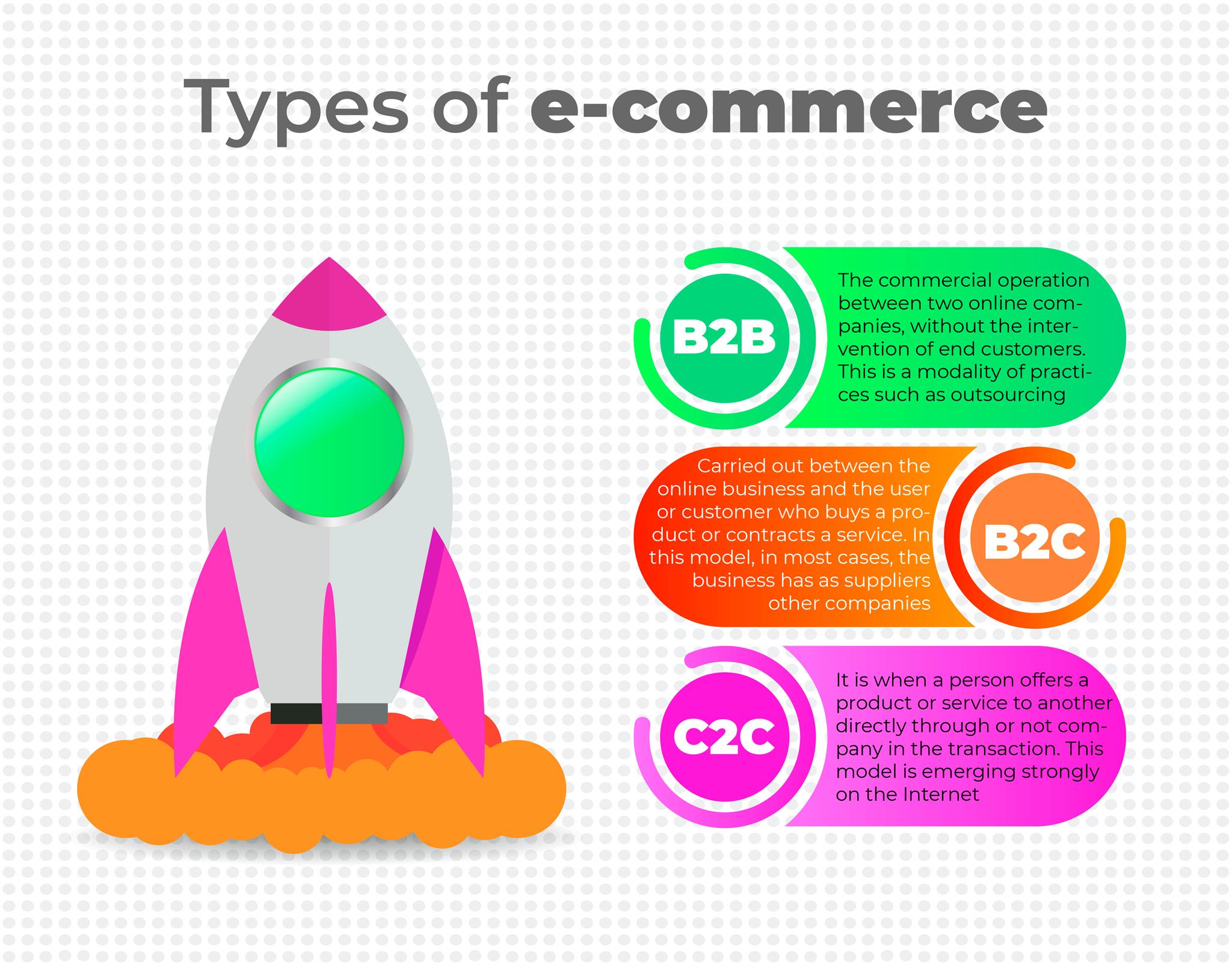The building and construction industry reflects changes associated with modern technologies. While artisans and similar experts continue to use the same practices embraced for decades, the fact of the matter is that “business as usual” now appears to be a somewhat outdated term. The rise of the Internet and e-commerce strategies in particular are transforming the ways in which B2B and B2C relations are occurring. This is important for owners to appreciate, as such systems are able to provide them with a competitive edge if they are employed in the correct manner. Let’s take a look at what innovations have already taken place as well as what 2019 could have in store.
E-Commerce Trends: Better, Smarter and Faster
The first major point to appreciate is that many e-commerce systems are now able to exhibit a sense of flexibility that would have been nearly impossible to imagine in the past. They can be customised to suit the needs of the end user and therefore, common tasks such as invoicing and tracking projects have become much more streamlined. This sense of efficiency translates directly to the customer, as projects can be completed with a greater level of clarity and oversight.
The utilities and tools at the disposal of the end user have likewise enjoyed a higher degree of specialisation. As these packages are modular, stakeholders and project managers can choose those which are best suited for their needs. Some examples include:
- The ability to accept multiple forms of payment.
- Instantaneous invoicing and inventory control.
- Complete mobile integration.
- Immediate communication with warehouses and similar avenues of fulfilment.
In other words, those who are involved in the construction industry are now provided with the ability to work smart as opposed to hard.
2019: Embracing an International Presence
The main question is what 2019 might have in store. All eyes seem to be pointing to the increased prevalence of the modern international ecommerce platform. This only stands to reason, as many construction companies are now beginning to look past traditional geographic borders when plying their services. Such a methodology will also provide a greater degree of stability when compared to relying upon the whims of a local market economy (as well as the looming Brexit worries). Thus, e-commerce applications which have the capability of dealing with cross-border demands are predicted to take centre stage in 2019.
This is great news for the average business owner, as such bundles have been designed with a user-friendly nature. It should also be mentioned that they are equipped with a number of advanced tools and applications. Some examples include:¨
- International POS systems.
- Automatic currency and taxation converters.
- More than 100 payment gateways.
- Dual content delivery networks for greater reliability.
While some of these options might not be applicable when referring to locally based construction companies, there is no doubt that larger firms will be able to leverage the many benefits that they have to offer.






